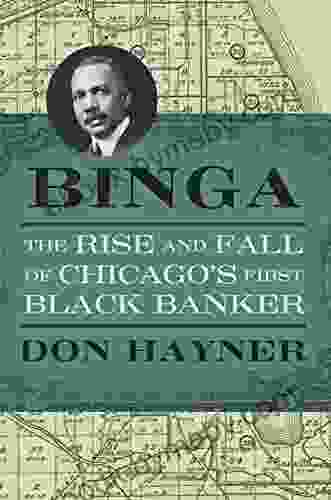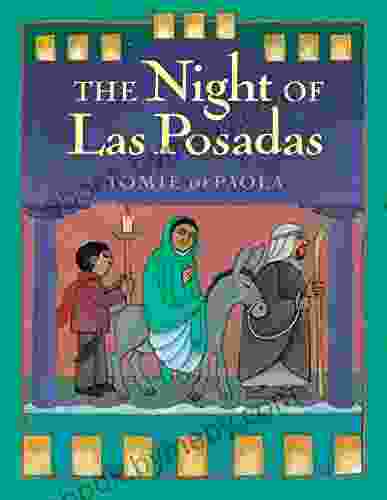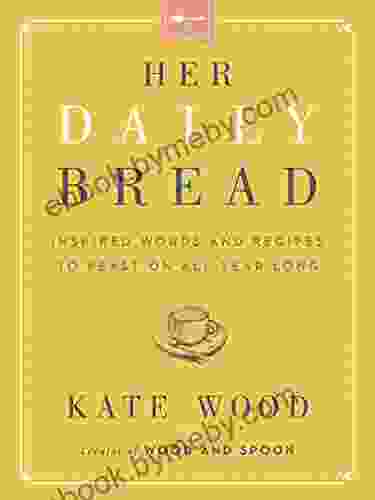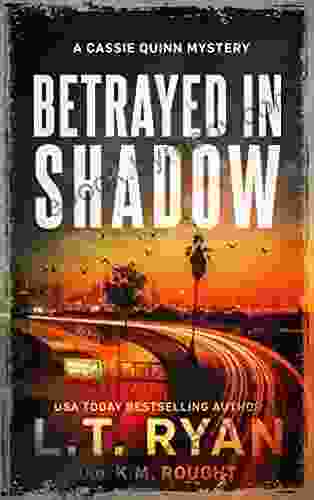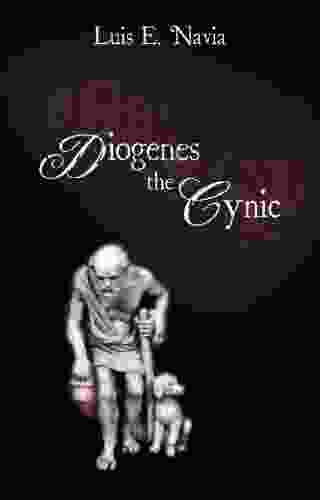The Rise and Fall of Chicago's First Black Banker: Second to None

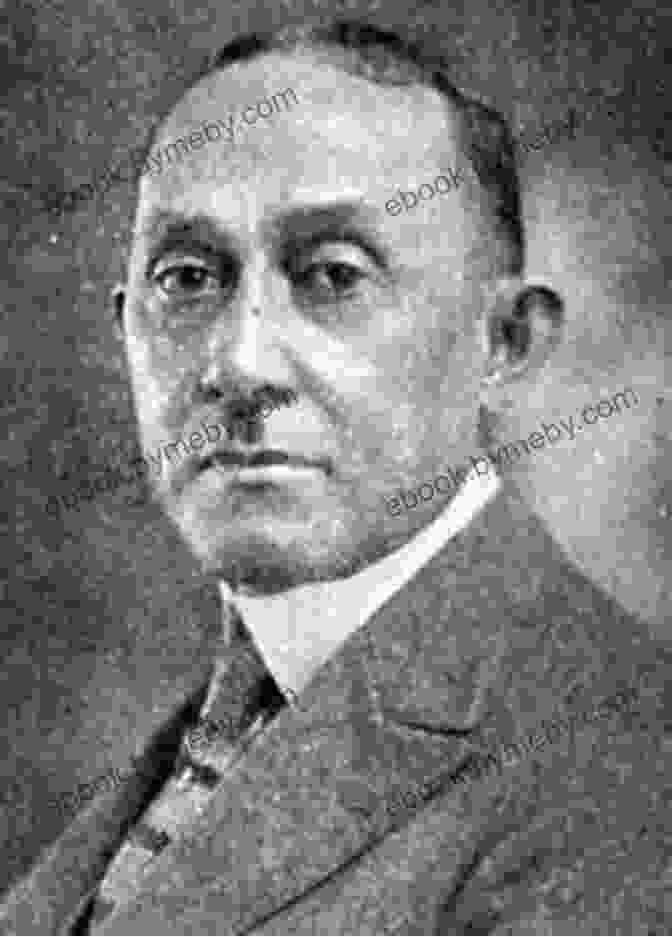
4.6 out of 5
| Language | : | English |
| File size | : | 2119 KB |
| Text-to-Speech | : | Enabled |
| Screen Reader | : | Supported |
| Enhanced typesetting | : | Enabled |
| Word Wise | : | Enabled |
| Print length | : | 314 pages |
Anthony Overton, a visionary entrepreneur and banking pioneer.
Prologue: A City on the Rise
In the bustling metropolis of Chicago, where skyscrapers pierced the heavens and industry flourished, a young man named Anthony Overton dared to dream of a brighter future for his people. In the early 20th century, the city was a hub of innovation and economic opportunity, yet African Americans faced immense challenges and discrimination in the financial realm.
Chapter 1: The Banker's Rise
Undeterred by societal barriers, Overton embarked on an extraordinary journey. With determination and unwavering belief, he established the Douglass National Bank in 1908, becoming Chicago's first Black banker. The bank served as a beacon of hope for the African American community, providing financial services and empowering residents to achieve economic self-sufficiency.
Overton's entrepreneurial vision extended beyond banking. He recognized the importance of real estate ownership and founded the Overton Hygeia Realty Company, empowering African Americans to invest in their communities. His unwavering advocacy for financial literacy and empowerment made him a revered figure in Chicago's Black community.
Chapter 2: A Symbol of Progress
The Douglass National Bank flourished under Overton's leadership. It became a symbol of Black excellence and played a crucial role in the economic development of Bronzeville, a thriving African American neighborhood on Chicago's South Side. Overton's success as a banker and entrepreneur earned him recognition and respect from both within and outside the Black community.
However, his achievements were not without challenges. Racial discrimination and systemic barriers hindered his progress at times. Yet, Overton remained steadfast in his mission to uplift his community and break down financial barriers.
Chapter 3: The Great Depression and Its Devastating Impact
The Great Depression of the 1930s dealt a severe blow to the Douglass National Bank and the Black community it served. As the economy crumbled, businesses failed, and unemployment skyrocketed, many depositors lost their savings. Despite Overton's best efforts to weather the storm, the bank was forced to close its doors in 1934.
The failure of the Douglass National Bank was a devastating blow to Overton and the community he had worked so hard to serve. It underscored the fragility of Black financial institutions in the face of systemic economic crises.
Chapter 4: The Aftermath and Continuing Legacy
Though his banking career ended, Overton remained an influential figure in Chicago's Black community. He continued to advocate for economic empowerment and played a vital role in the establishment of the Chicago Urban League. His legacy as a pioneer and visionary entrepreneur continues to inspire generations of African Americans.
Today, the story of Anthony Overton serves as a reminder of the resilience and determination of Black Americans in the face of adversity. It highlights the importance of financial empowerment and the need to break down systemic barriers that hinder economic progress.
Epilogue: A Legacy of Inspiration
The tale of Anthony Overton, Chicago's first Black banker, is one of ambition, resilience, and tragedy. It is a story that illuminates the challenges and triumphs of African Americans in the pursuit of the American Dream. Overton's legacy continues to inspire and motivate those who strive for economic equality and social justice today.
4.6 out of 5
| Language | : | English |
| File size | : | 2119 KB |
| Text-to-Speech | : | Enabled |
| Screen Reader | : | Supported |
| Enhanced typesetting | : | Enabled |
| Word Wise | : | Enabled |
| Print length | : | 314 pages |
Do you want to contribute by writing guest posts on this blog?
Please contact us and send us a resume of previous articles that you have written.
 Book
Book Novel
Novel Page
Page Chapter
Chapter Text
Text Story
Story Genre
Genre Reader
Reader Library
Library Paperback
Paperback E-book
E-book Magazine
Magazine Newspaper
Newspaper Paragraph
Paragraph Sentence
Sentence Bookmark
Bookmark Shelf
Shelf Glossary
Glossary Bibliography
Bibliography Foreword
Foreword Preface
Preface Synopsis
Synopsis Annotation
Annotation Footnote
Footnote Manuscript
Manuscript Scroll
Scroll Codex
Codex Tome
Tome Bestseller
Bestseller Classics
Classics Library card
Library card Narrative
Narrative Biography
Biography Autobiography
Autobiography Memoir
Memoir Reference
Reference Encyclopedia
Encyclopedia Karma Waltonen
Karma Waltonen Jurgen Appelo
Jurgen Appelo Maria Oliver
Maria Oliver Robert Simons
Robert Simons Keith Brymer Jones
Keith Brymer Jones Nikki Grahame
Nikki Grahame Kate Braestrup
Kate Braestrup Karl Pilkington
Karl Pilkington Kembrew Mcleod
Kembrew Mcleod Katheryn Maddox Haddad
Katheryn Maddox Haddad Laura Bogen
Laura Bogen Keith Foskett
Keith Foskett Karen Malena
Karen Malena Peter Moruzzi
Peter Moruzzi Kaila Heath
Kaila Heath Maggie Daniels
Maggie Daniels Walter Foster
Walter Foster Kay Doherty Bennett
Kay Doherty Bennett Mark Anthony Rolo
Mark Anthony Rolo Paul Cornell
Paul Cornell
Light bulbAdvertise smarter! Our strategic ad space ensures maximum exposure. Reserve your spot today!
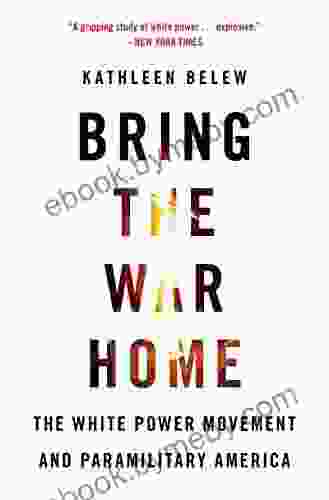
 John UpdikeBring the War Home: A Riveting Exploration of PTSD and the Invisible Wounds...
John UpdikeBring the War Home: A Riveting Exploration of PTSD and the Invisible Wounds...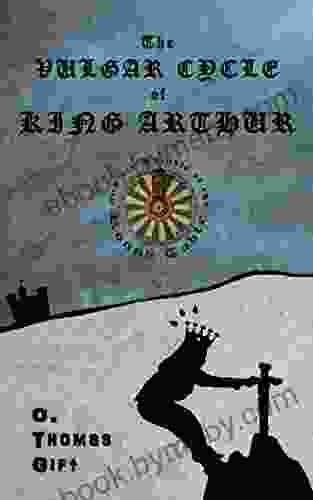
 Yasunari KawabataUnveiling the Vulgar Cycle: A Captivating Exploration of King Arthur and the...
Yasunari KawabataUnveiling the Vulgar Cycle: A Captivating Exploration of King Arthur and the... Francisco CoxFollow ·6.8k
Francisco CoxFollow ·6.8k Bruce SnyderFollow ·3.4k
Bruce SnyderFollow ·3.4k Melvin BlairFollow ·6.1k
Melvin BlairFollow ·6.1k Jackson HayesFollow ·2.6k
Jackson HayesFollow ·2.6k Rudyard KiplingFollow ·2.1k
Rudyard KiplingFollow ·2.1k Terence NelsonFollow ·15.9k
Terence NelsonFollow ·15.9k Jeffrey HayesFollow ·19.6k
Jeffrey HayesFollow ·19.6k Fernando BellFollow ·12.1k
Fernando BellFollow ·12.1k
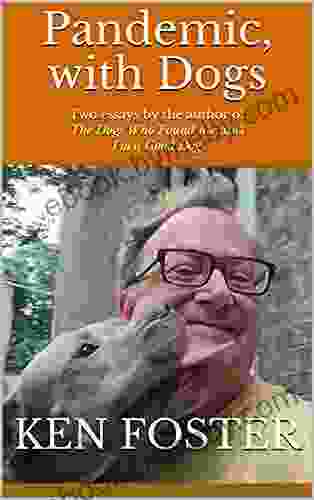
 George Orwell
George OrwellPandemic with Dogs: Two Essays
By Susannah Charleson In the midst of...

 Leo Mitchell
Leo MitchellAdam Smith's The Wealth of Nations: A Classic Treatise on...
Adam Smith's The...

 Cade Simmons
Cade SimmonsUnlock Your Communication Potential: Effective Techniques...
Communication is a fundamental...

 Floyd Richardson
Floyd RichardsonFire and Ashes: Success and Failure in Politics
Fire and Ashes: Success and...
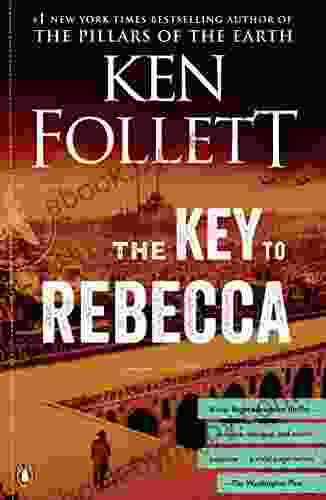
 Oliver Foster
Oliver FosterUnlock the Enchanting Mystery of Ken Follett's "The Key...
Embark on a captivating literary journey into...
4.6 out of 5
| Language | : | English |
| File size | : | 2119 KB |
| Text-to-Speech | : | Enabled |
| Screen Reader | : | Supported |
| Enhanced typesetting | : | Enabled |
| Word Wise | : | Enabled |
| Print length | : | 314 pages |


